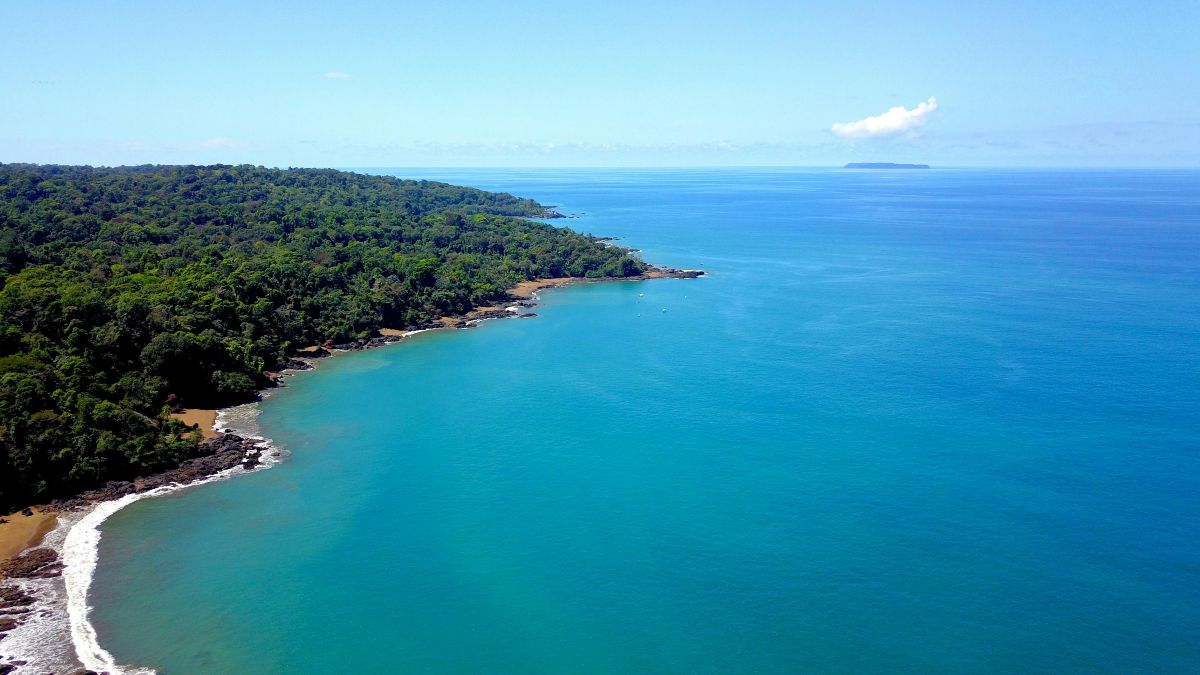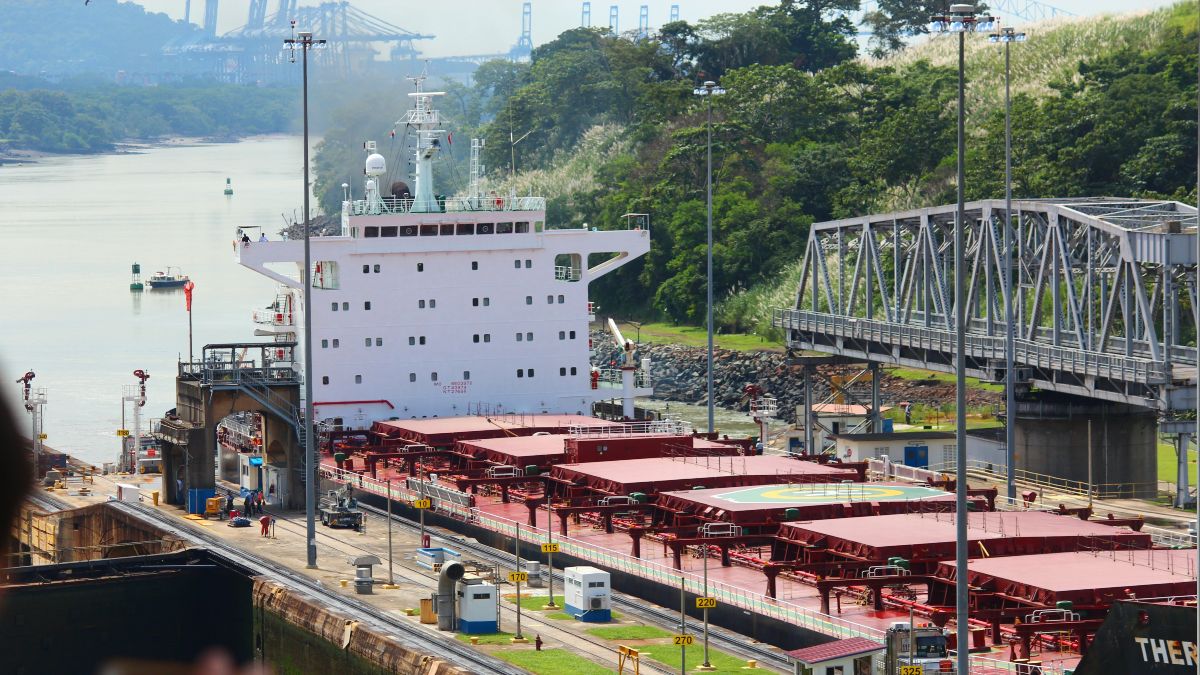You have an offshore bank account but need some advice on maintaining it. Here, Luigi Wewege from Caye International Bank has a few pointers on making your offshore bank accounts work better for you.
If you’re an expat in Central America, chances are you have an offshore bank account. After all, despite how exotic it sounds, offshore bank accounts are only bank accounts – except outside your home country. So if you’re a North American or European living in Central America, your local bank account – if you have one – could be considered “offshore”.
Or your offshore account could be in a third country altogether, separate from the one you live in and the one you’re from. A country that offers plenty of protection and more privacy for you. There are plenty of options to choose from when considering an offshore bank account.
Wherever you decide to open an offshore account, it’s essential to make the best possible use it. That means knowing all the ways to grow your account and increase any benefits.
Here are some tips on how to make that happen.
What makes Belize such a great choice for offshore wealth building? @luigiwewege from @CayeIntBank has eight great reasons… https://t.co/HoT6IfuNaN
— Central America Living (@VidaAmerica) May 18, 2022
1. Stay up to date on account options at the offshore bank
While you may be familiar with your offshore bank’s basic personal accounts, remember that other account options may appear later.
They may be something new, or improved versions of what you already have. Either way, it’s good to be aware of them.
As time passes, the bank may offer a different type of checking or savings account that would carry greater interest without requiring a higher balance. Find out what qualifications you have to meet to roll the balance of your current account into the new one. Other than investing a little time to make the switch, there’s no extra demand on your resources.
2. Identify goals for account balances and work towards achieving them
Many goals establish time deposits and other offshore accounts with plans to amass resources for specific purposes. That may mean building wealth during retirement, paying for a home, or covering the costs of educating family members. Whatever the plan, identify an amount you want to reach as the minimum balance for that account.
Then determine a timeframe for achieving this financial goal. Be realistic about how you’ll do this and create a specific action plan. Seeing the balance rise will keep you on track to achieving your goal.
3. Set up recurring deposits from your domestic accounts
One way to work toward your financial goals is to identify a set amount to deposit in your offshore accounts each month. It can be a fixed percentage of your net income, or it can be a specific figure. Consider setting up a recurring transfer from your domestic account to the offshore counterpart with the latter.
This approach means money will flow into the offshore bank account. Deduct the amount from your domestic balance at the first of the month to lessen the chances of using those funds elsewhere.
4. Divert a part of any unexpected income to your offshore bank accounts
There may be times when you receive unexpected income. A bonuses from your employer, an insurance payout, or an inheritance. Don’t see this as free money to spend immediately. Use at least part of it to grow your offshore bank account balances.
Treat yourself to a nice trip, or buy something you want for the house, sure. The rest should go into your international accounts to help you move closer to your financial goals.
5. Be aware of reaching tiers that offer higher rates of interest
With many offshore accounts, it’s necessary to deposit a minimum balance when opening it. Those lower balances are not likely to begin earning interest. That will happen when you grow the balances past a certain amount.
You may not know that starting to earn interest may or may not be an automatic event. Depending on banking procedures, you may need to maintain that higher balance for a specific period of time.
You might need to talk to someone at the bank to begin enjoying interest on the balance. This might need doing every time the balance exceeds another tier and qualifies for a higher interest rate.
6. Move funds between international accounts to enjoy greater returns
It’s not enough to track account balances and watch as interest income gets added. You also want to know which accounts provide the highest returns.
When one clearly offers better interest than the rest, consider moving some of funds from one account to the one offering the most significant returns.
For example, you may find your interest on the offshore checking account balance is lower than what the time deposit is earning.
Since it will soon be time to roll the time deposit into another term, consider moving some of the checking account balance over. If it results in earning more interest all the way around, and you didn’t plan on using the money in the checking account anyway, you can consider the move a sound one.
7. Make use of advice offered by seasoned bank personnel
Even those who are savvy with all things financial can use a helping hand now and then. Don’t hesitate to contact your bank and see what they can recommend to make the most of what your accounts offer. The financial experts are happy to help.
Use what you learn to position your offshore funds to the best advantage. Best of all, the bank official you’re speaking with can likely manage any changes you want to make during the conversation.
If you’re looking for an offshore banking jurisdiction, Central America has two great options in Belize and Panama. In this article, @craig1812000 from @BizLatinHub breaks it down.https://t.co/bVkO99QdvZ
— Central America Living (@VidaAmerica) July 12, 2022
The benefits of international banking today
You can make money from placing at least some of your income into international bank accounts. The key is knowing what’s offered, structuring your lifestyle to add fund on a regular basis, and resisting the temptation to delve into your accounts unless necessary.
When you decide to open offshore bank accounts in nations with plenty of protections and follow these steps, your financial future will look much brighter.
Luigi Wewege is the President of Caye International Bank, headquartered on the island of Ambergris Caye, Belize. He is also the published author of The Digital Banking Revolution, now in its third edition.




